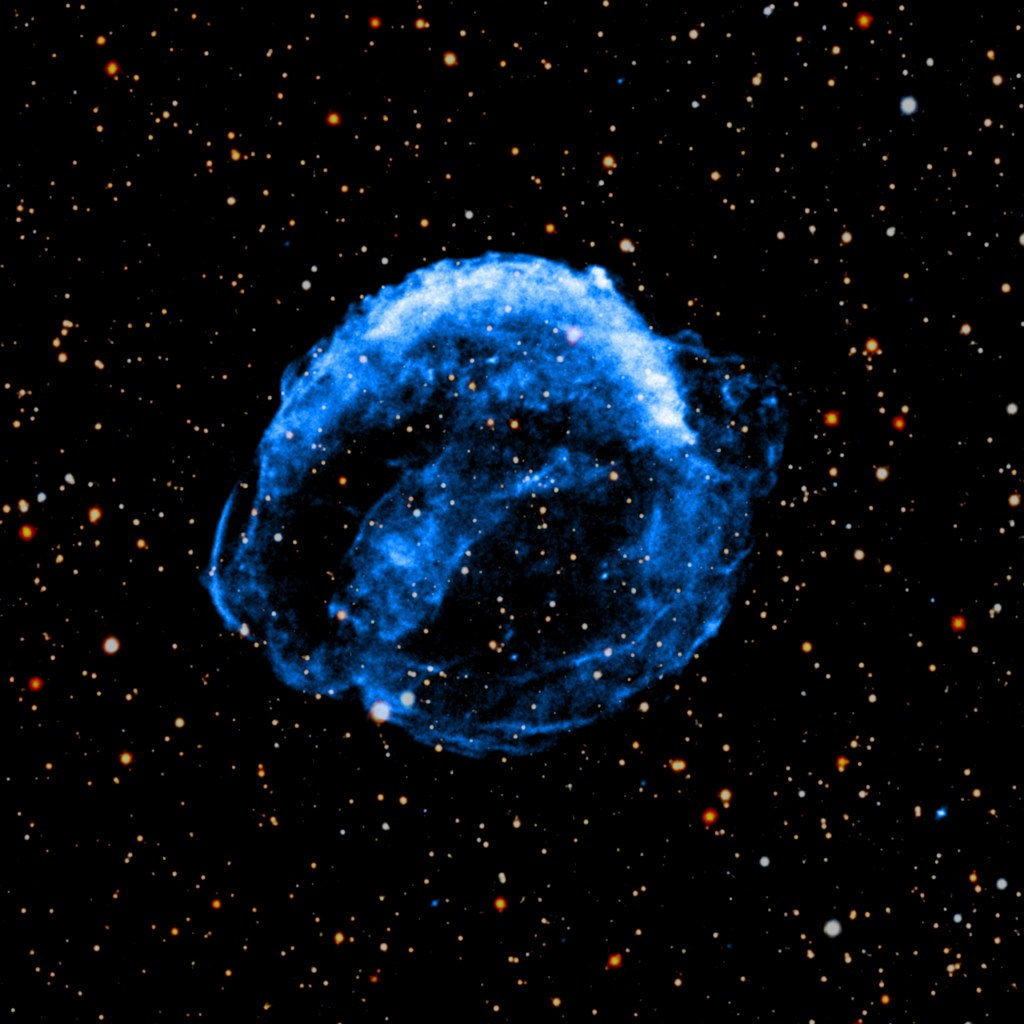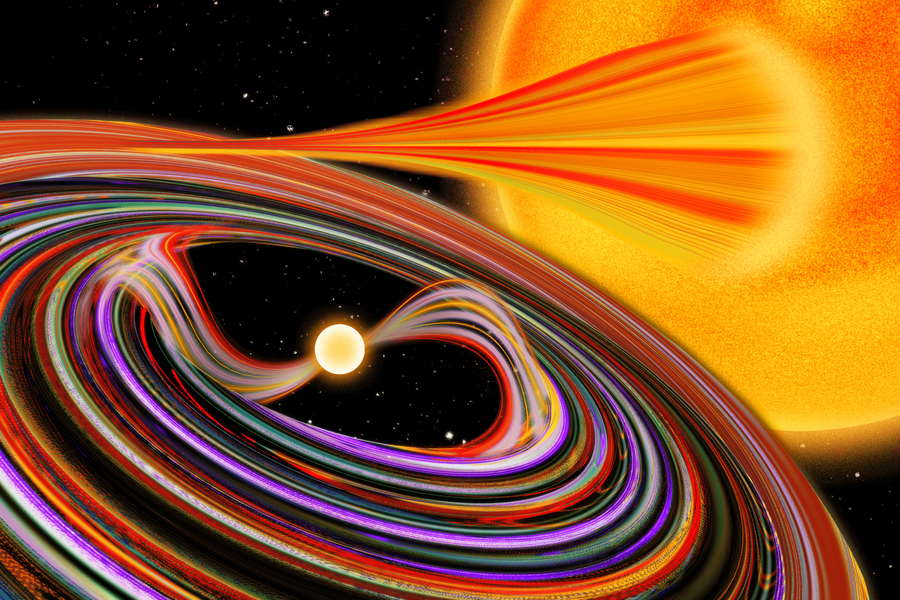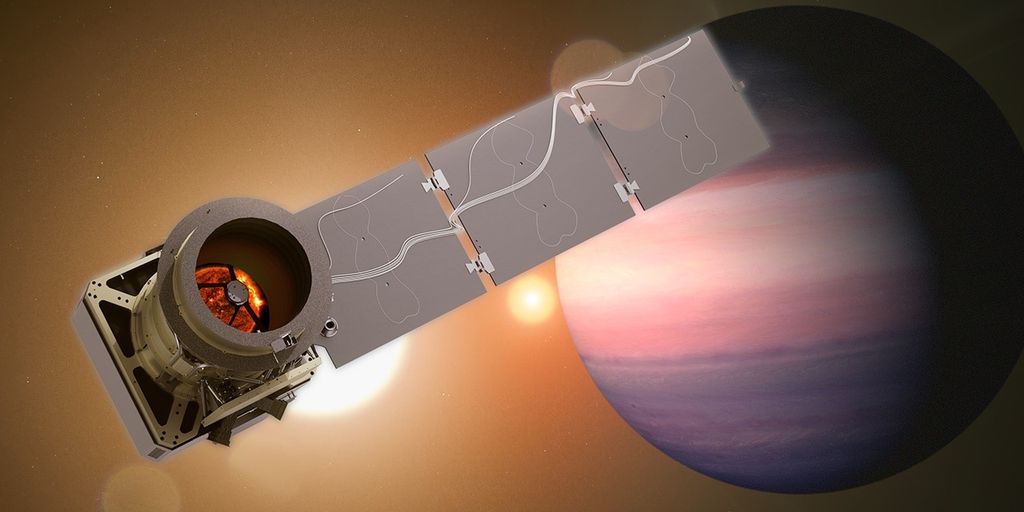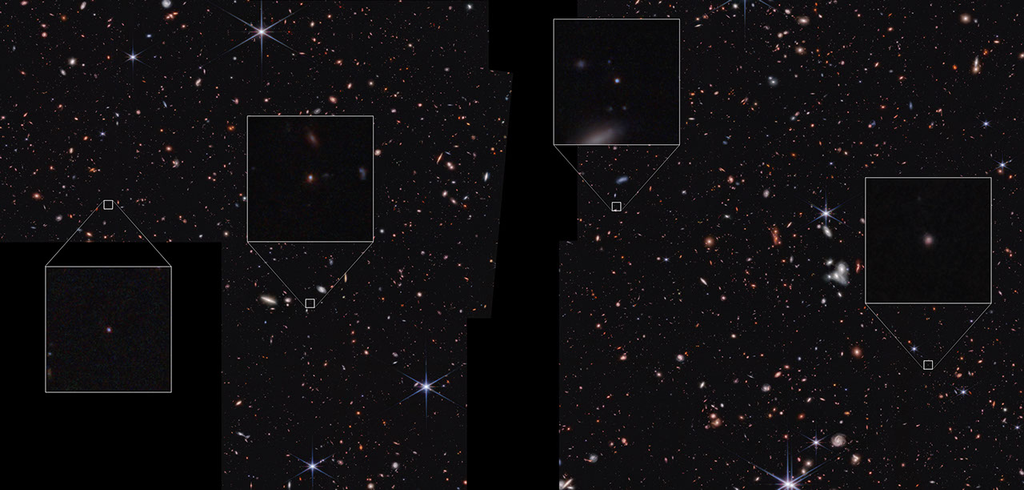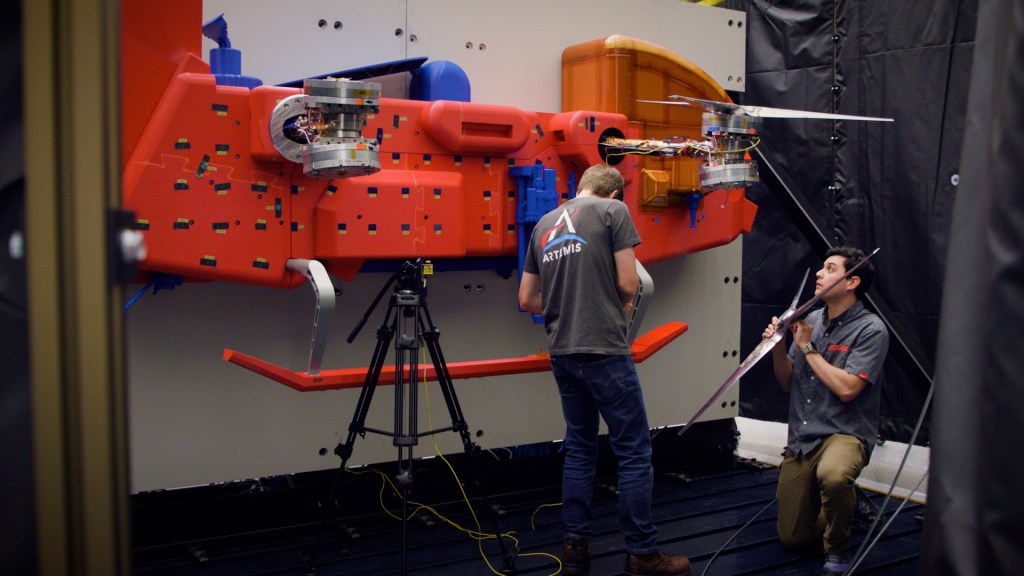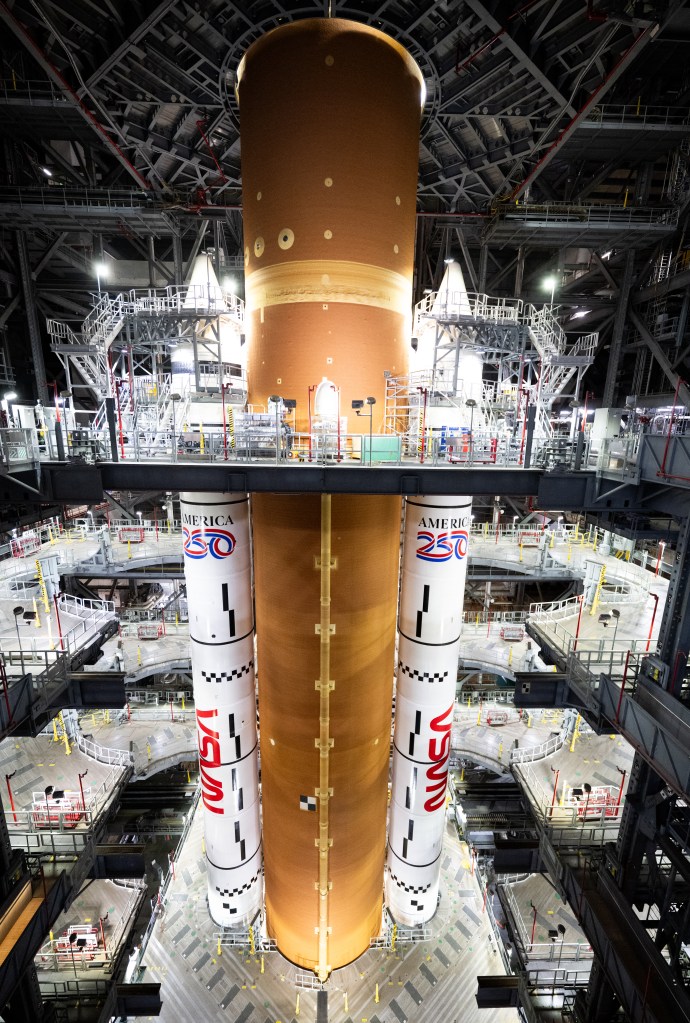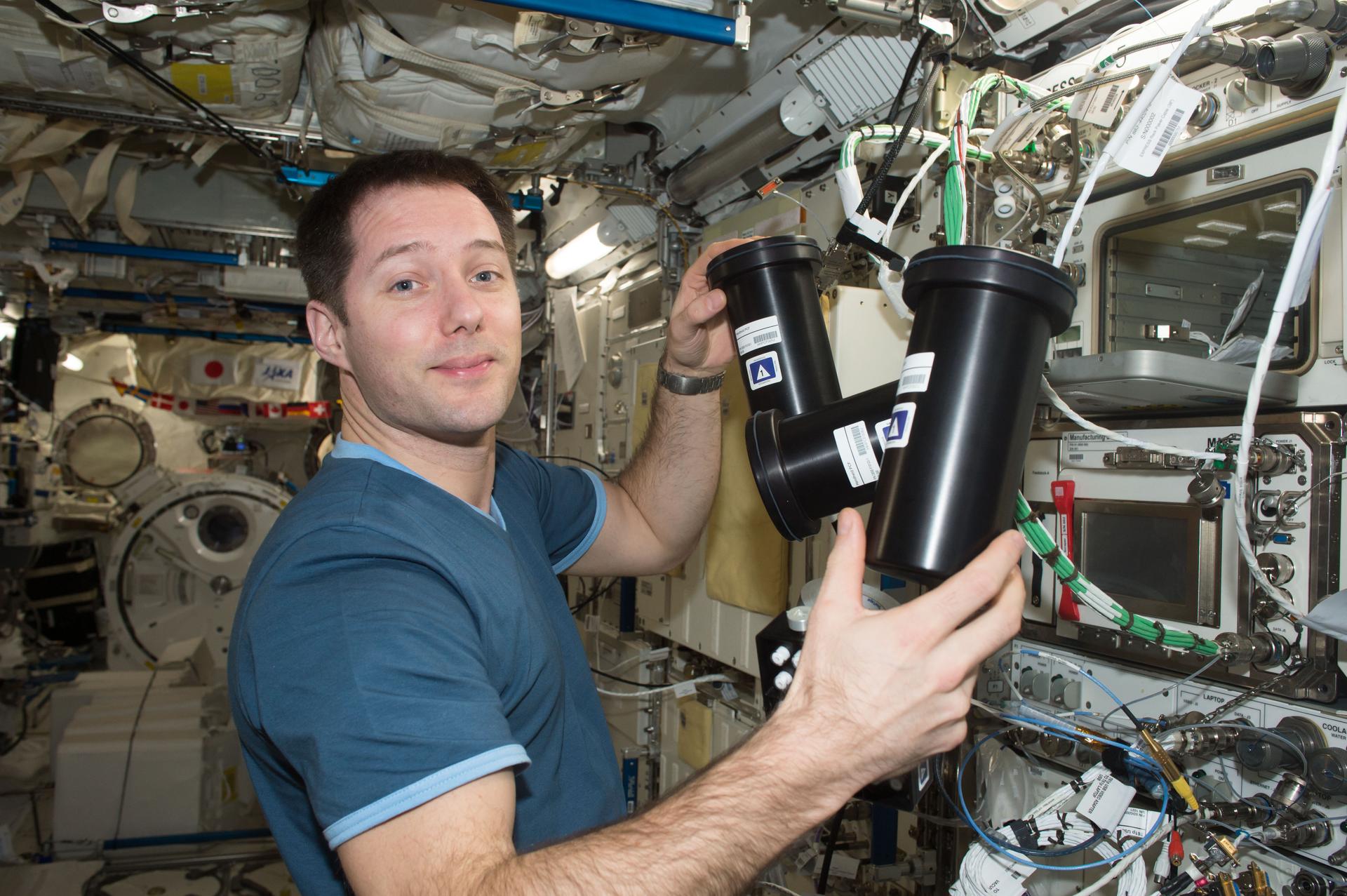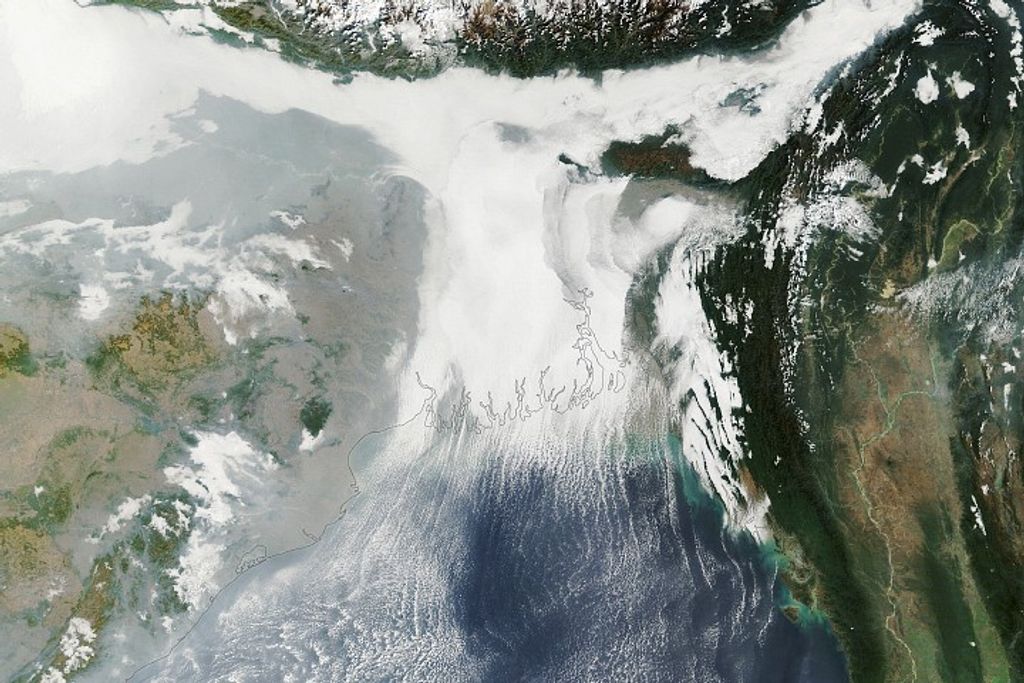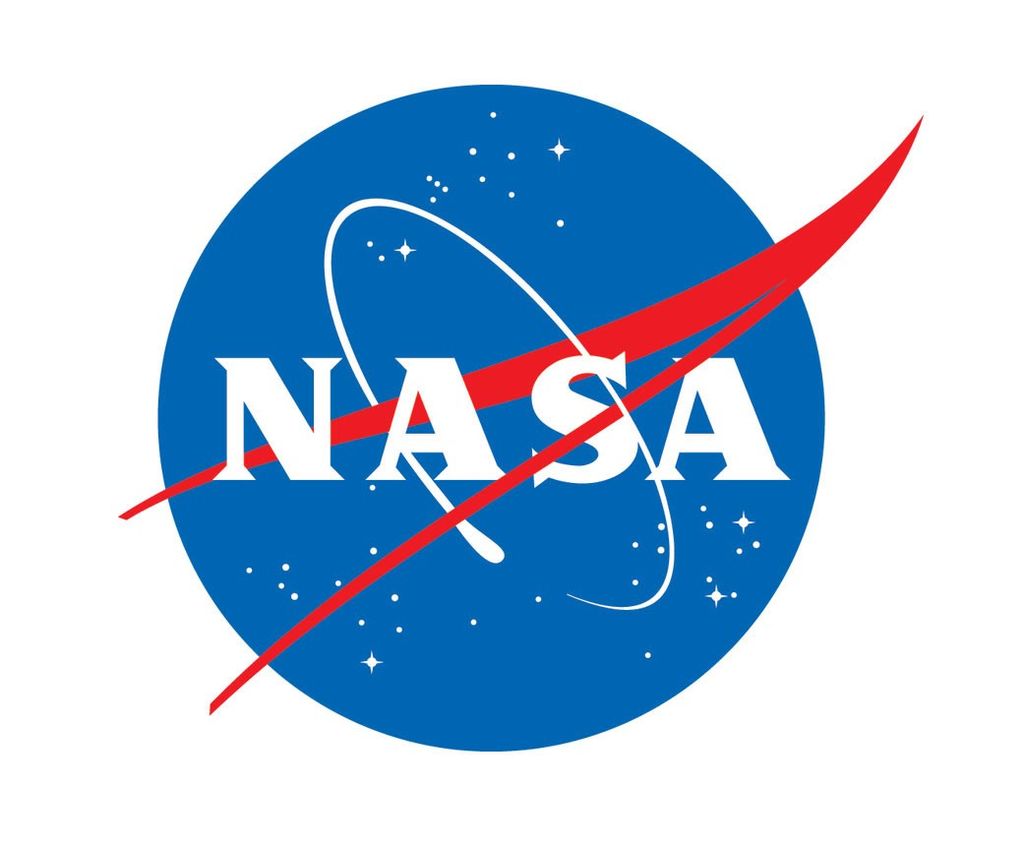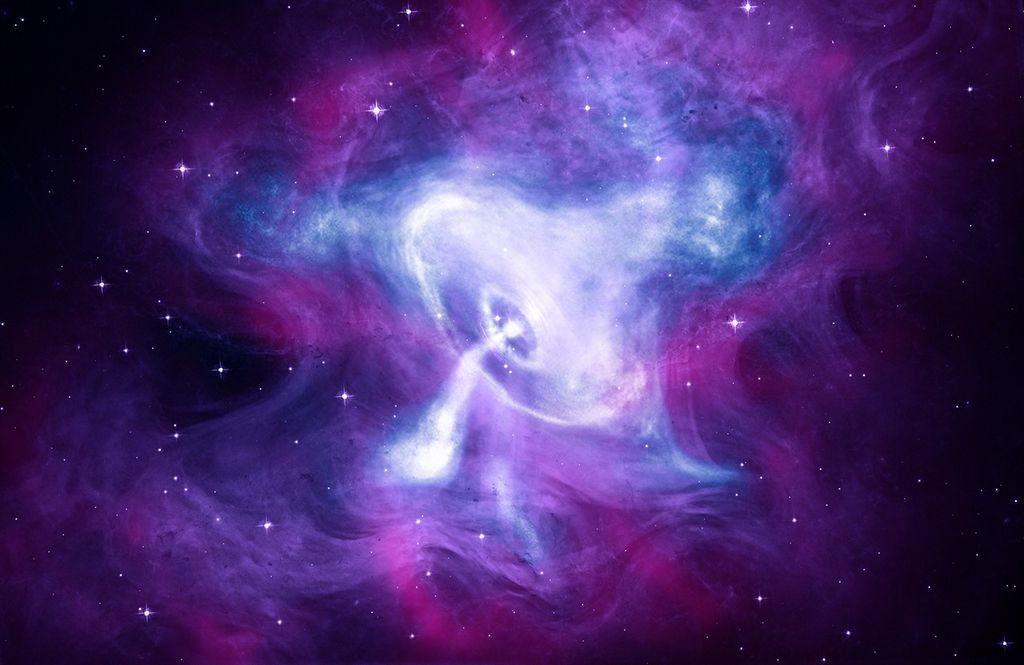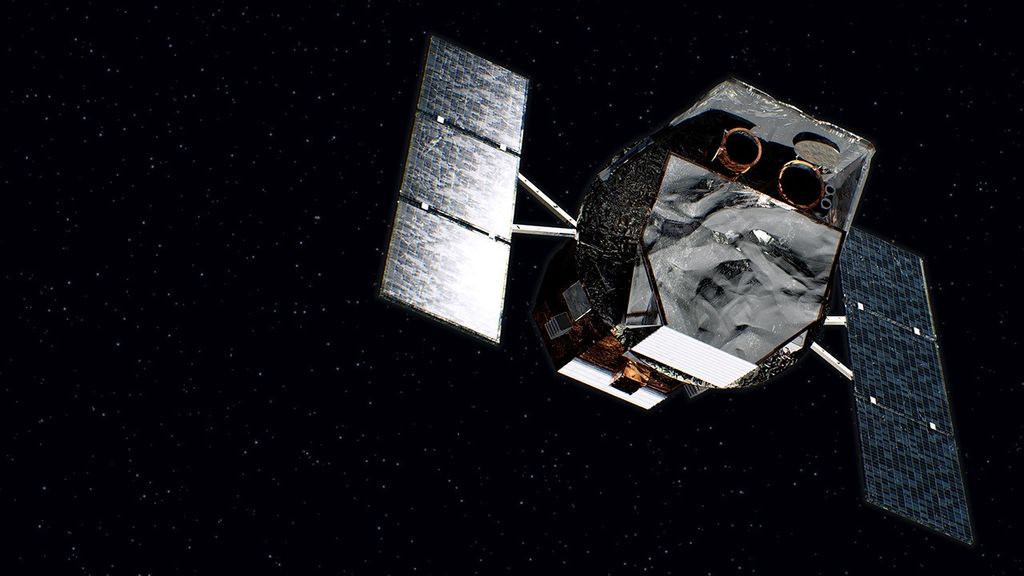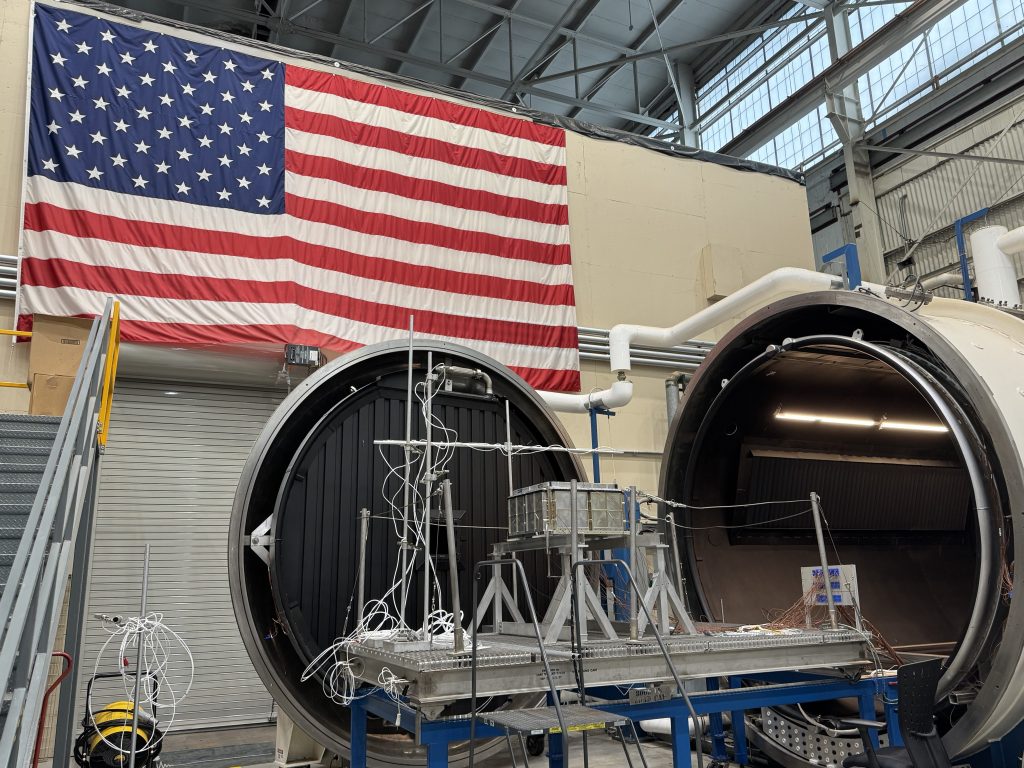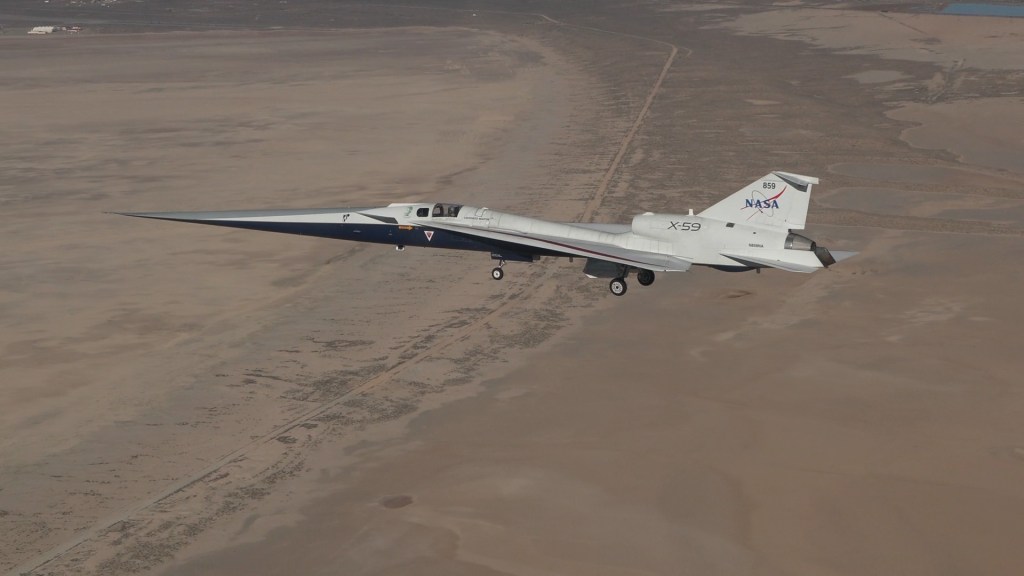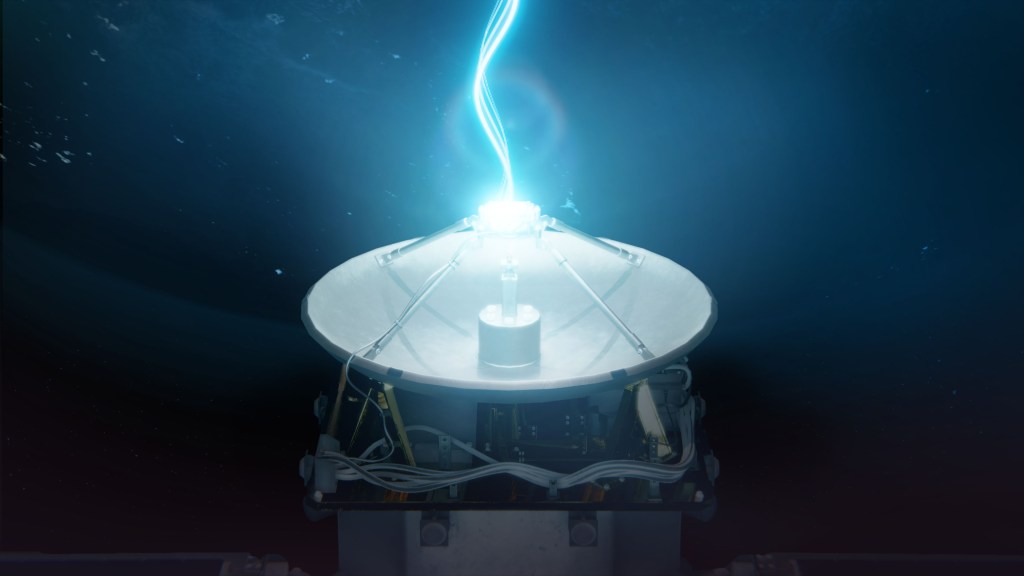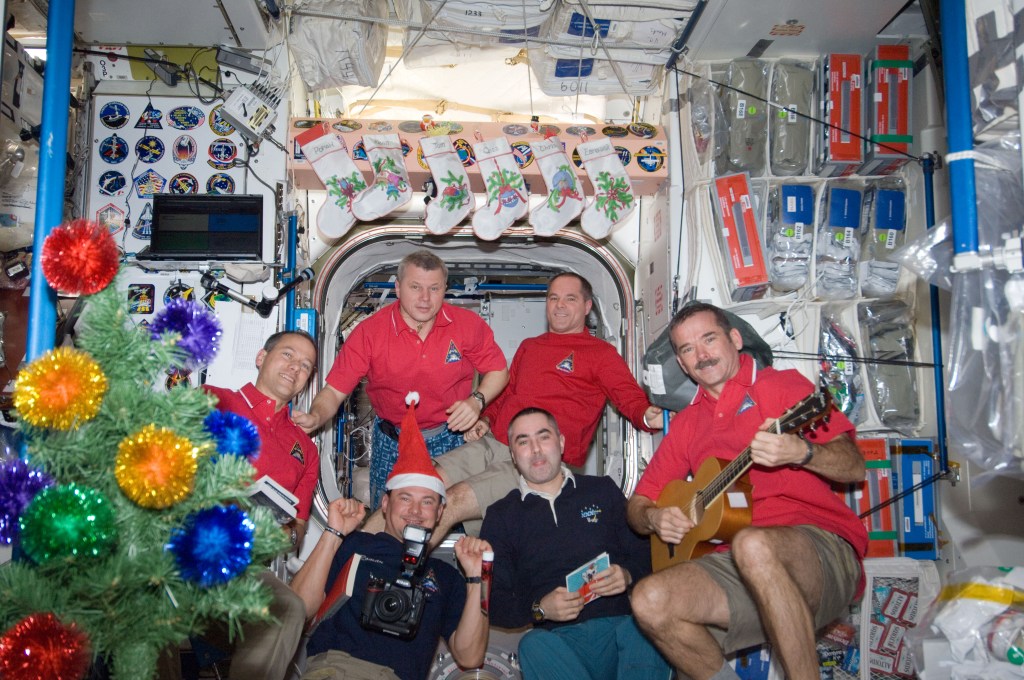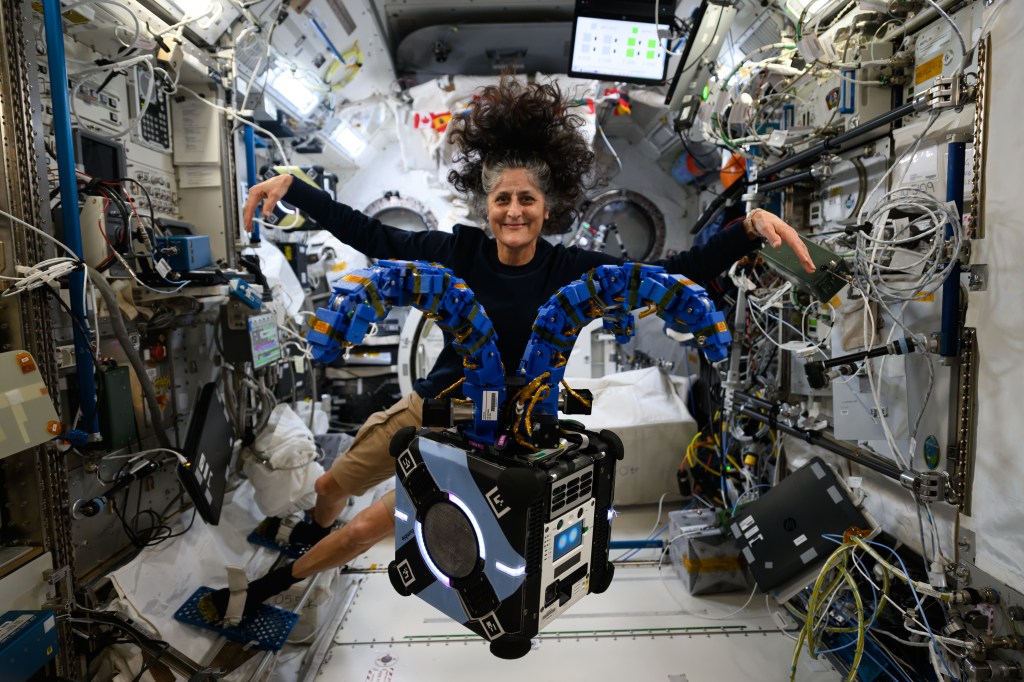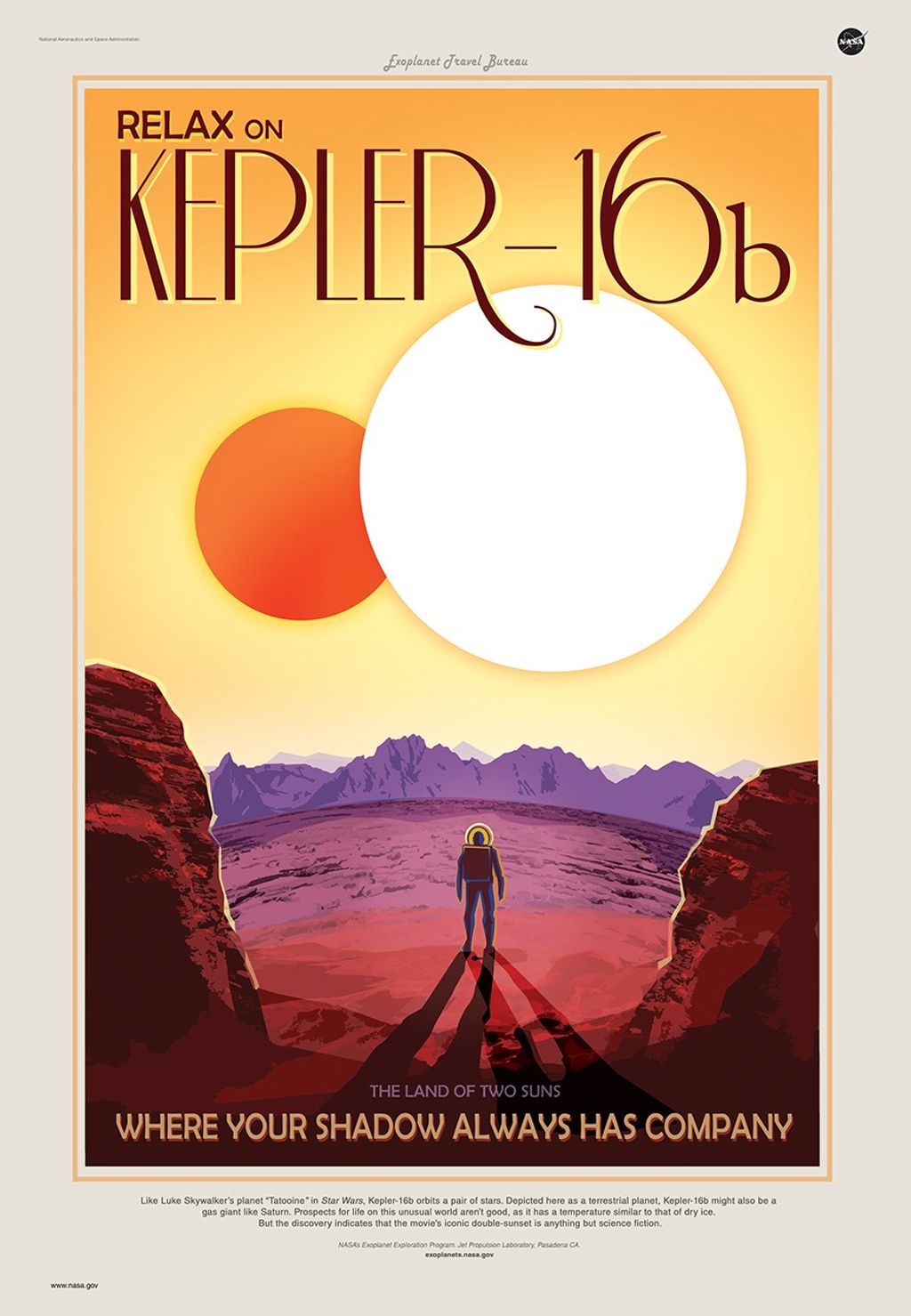Space Science & Astrobiology Division – Special Seminar
N245 Auditorium Room 272
Wednesday, November 14, 2018 – 1:00PM
Speaker: Ashlee Wilkins
John N. Bahcall Public Policy Fellow
The American Astronomical Society (AAS)
Abstract: As science educators, researchers, communicators, and/or supporters at a NASA center, it is hard to deny the connection between science and government. Beyond NASA centers, the inextricable link between federal government and space sciences remains: the ability to send missions to Mars, to study star formation in a galaxy, and to model the early universe primarily depends on both government — i.e., taxpayer — money and public — i.e., not just scientist — support. Scientists can and do engage in work to determine the direction of our field and how society prioritizes science. With the context of the 2018 midterms and two years in to a new administration, how is science faring on a national stage? In this talk, I will discuss the current environment for science and space policy in general and current events dominating policy discussions in the astronomical sciences in particular, including NASA flagship mission development, sexual harassment in the sciences, NSF facilities support, and how Congress has responded to the Trump administration’s science priorities. I will discuss the historical and evolving role of community-driven prioritization and recommendations.
As the Bahcall Public Policy Fellow of the American Astronomical Society (AAS), I will also describe the positions the AAS takes in the community, with policymakers, and in advocating for the astronomical sciences in Washington and what individual scientists can do — even as civil servants or federal contractors — to effectively engage in the political process. .
Point of contact: mojgan.momenihassan-harati@nasa.gov
2 min read

